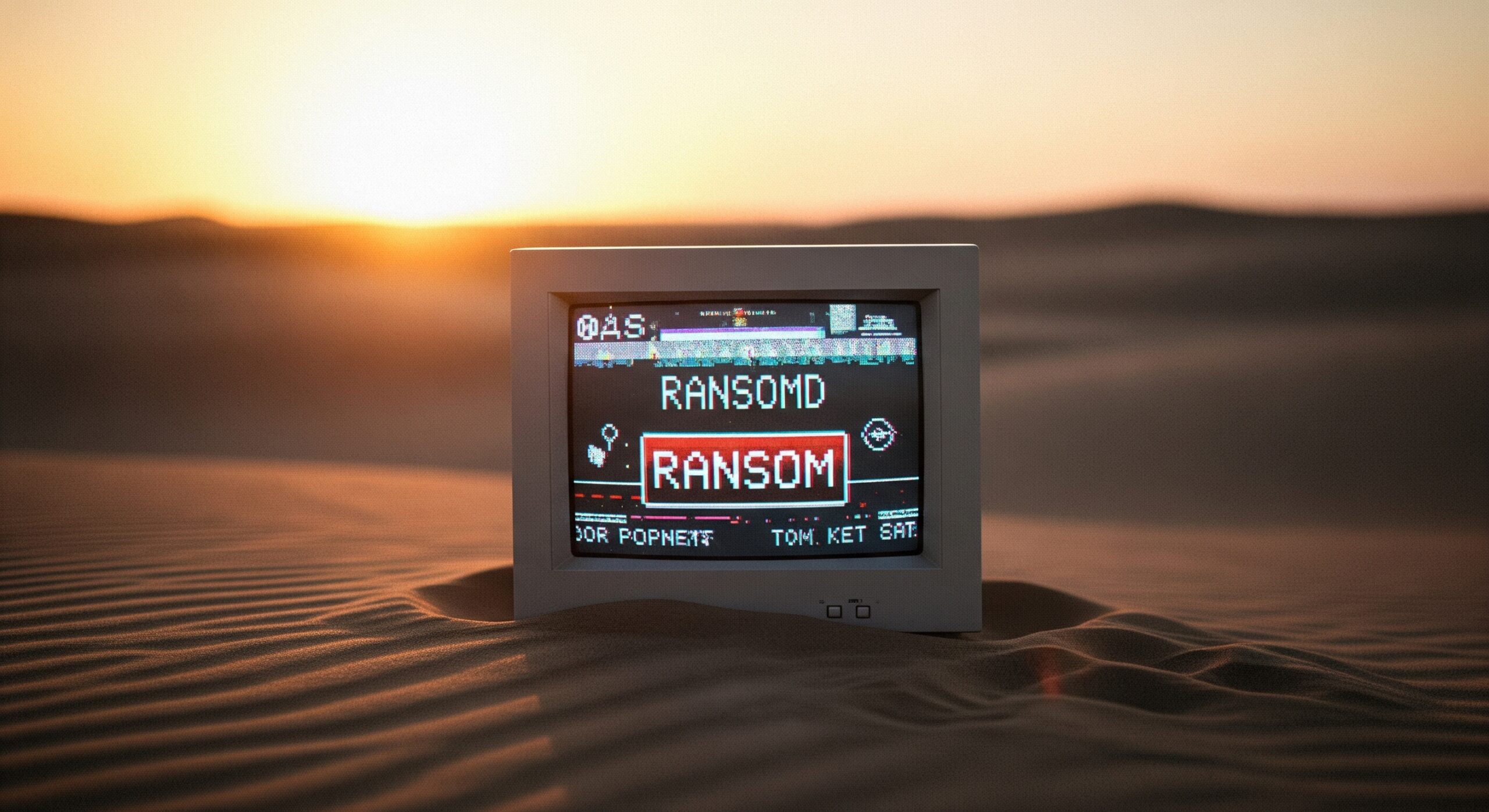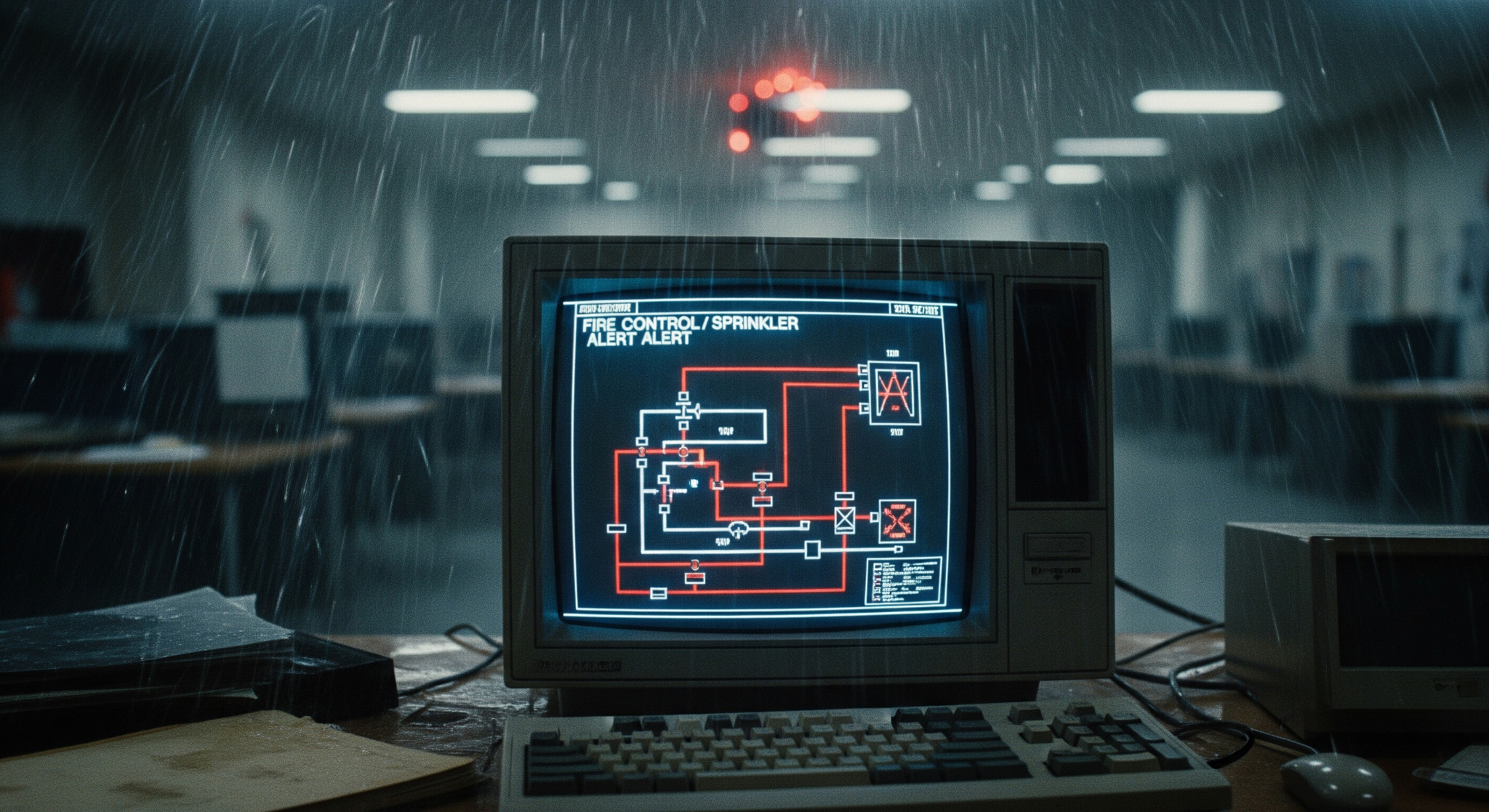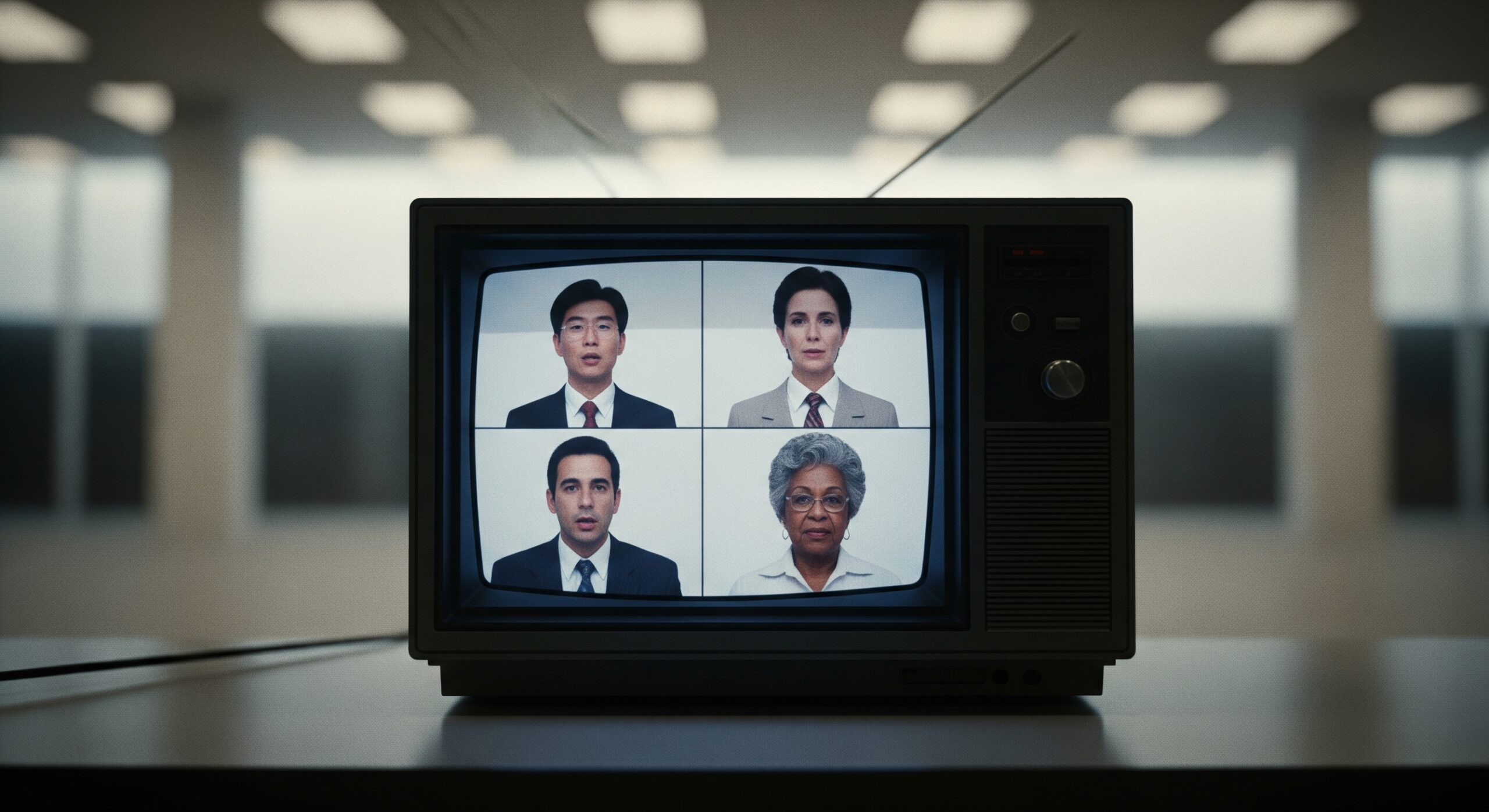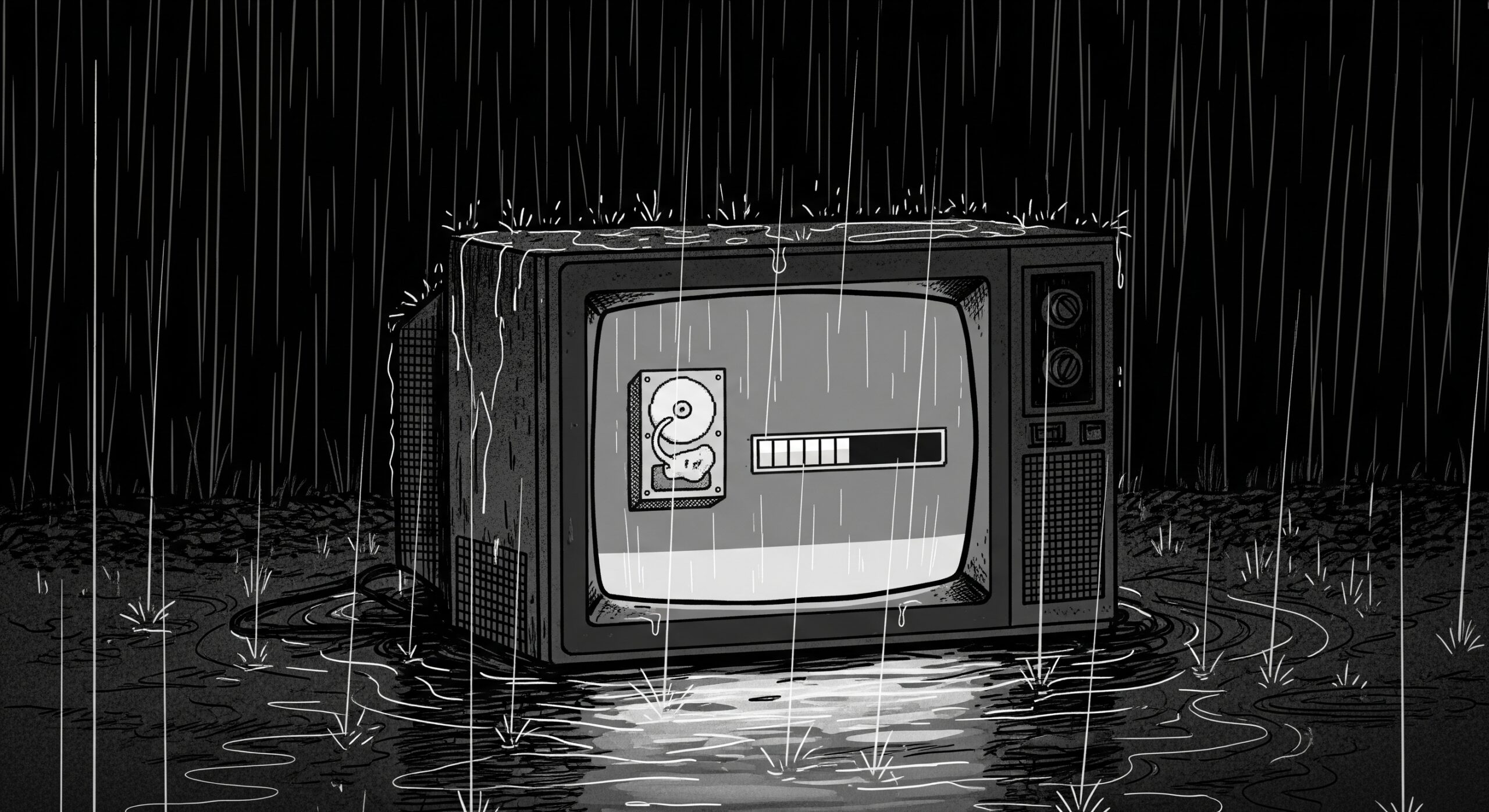The Cascade Crisis
Zero Cool was attempting to enjoy their first quiet morning in weeks when their phone began receiving calls from numbers with country codes they didn’t recognize. The first call came from Tokyo at what their phone helpfully informed them was 3 AM local time.
“Zero Cool-san,” came a polite but stressed voice with carefully measured pauses, “this is Yuki Tanaka from Tokyo Cyber Defense. We have… how do you say in English… WordPress emergency affecting our power grid monitoring systems. Most concerning situation, but we maintain hope for harmonious resolution.”
Before Zero could respond, call-waiting chimed with a number from Norway.
“Zero Cool,” came a precisely articulated voice with the cadence of someone reading from prepared notes, “this is Astrid Nordström from Oslo Digital Infrastructure. We require immediate assistance with systematic WordPress vulnerability that is affecting regional coordination protocols. All documentation has been properly filed and categorized according to emergency response framework 7.2.”
A third call-waiting notification appeared from Kenya.
“Zero!” came an efficient, energetic voice, “Kesi Mwangi, Nairobi Innovation Hub. We’ve got a brilliant creative solution to this international WordPress problem, but we need coordination with other response teams. Working with what we have, making it work beautifully.”
Zero stared at their phone, which was now displaying what appeared to be a small United Nations of cybersecurity emergencies. They immediately conference-called Cipher and The Architect.
“Are you seeing this?” Zero asked when both answered.
“Define ‘this,’” Cipher replied. “I’m currently coordinating with emergency response teams from four countries, a UN digital infrastructure coordinator, and what appears to be a very persistent corporate recruiter who keeps calling during international crisis calls.”
“The systematic nature of this cascade is fascinating,” The Architect added with her characteristic analytical calm. “Someone has triggered coordinated WordPress vulnerabilities across multiple international systems simultaneously. The attack patterns suggest either remarkable coincidence or deliberate coordination.”
“Or,” Zero said grimly, “someone’s testing international response capabilities.”
The Teaching Coordination
Two hours later – International video conference
Zero found themselves conducting the world’s first international WordPress emergency training session. Their laptop displayed a grid of faces from around the world: Yuki from Tokyo (precisely organized desk, cherry blossoms visible through window), Astrid from Oslo (minimalist office, everything labeled), Kesi from Nairobi (creative workspace with innovative cooling system), and Alex, a local intern who had arrived just as the international crisis began.
“Okay,” Zero said, sharing their screen while simultaneously debugging three different WordPress installations, “the key to international WordPress emergency response is understanding that every country has different approaches to security, different regulatory frameworks, and different ways of saying ‘this is completely broken.’”
“In Japan,” Yuki explained with characteristic politeness and precision, “we prefer to say ‘the system is experiencing unexpected behavior patterns that require careful examination and harmonious resolution approaches.’”
“In Norway,” Astrid added with systematic thoroughness, “we document everything systematically before declaring emergencies, following established protocols 3.1 through 3.7 for crisis categorization and response prioritization.”
“In Kenya,” Kesi said with infectious enthusiasm, “we just fix it with whatever brilliant resources we have and document the beautiful solution later.”
The Architect was managing what appeared to be a real-time international coordination framework on her screens. “I am creating systematic protocols for cross-cultural emergency response coordination as we speak,” she announced. “The challenge is maintaining technical accuracy while accommodating different national approaches to risk assessment and regulatory compliance.”
Cipher was handling diplomatic coordination between multiple government agencies while translating technical concepts into bureaucratic language for various international officials. “The UN Digital Infrastructure Coordinator wants to establish formal protocols for this type of coordination,” she reported. “Dr. Martinez is very excited about the precedent we’re setting.”
That’s when Zero’s phone rang with yet another call. The caller ID read “Madison Chen – DisruptGrid Solutions.”
“I really can’t take a recruiting call right now,” Zero said, putting the call on speaker while continuing to debug the Tokyo power grid monitoring system.
“Zero Cool,” came a cheerful voice, “this is Madison from DisruptGrid! I can see you’re dealing with some international coordination challenges right now. Have you considered how much simpler this would be with proper corporate infrastructure and systematic solutions instead of trying to coordinate with all these different countries and their inefficient bureaucracies?”
The international conference call went quiet. Yuki, Astrid, and Kesi were all staring at their screens with expressions ranging from polite confusion to outright offense.
“Madison,” Zero said carefully, “you do realize you’re interrupting an international emergency response to offer me a job?”
“Exactly!” Madison replied enthusiastically. “This is the perfect example of why talented people like you need corporate solutions instead of trying to manage chaos like this. At DisruptGrid, we believe in systematic approaches to infrastructure optimization that don’t require coordinating with dozens of different inefficient government agencies.”
The Global Recognition
The next three hours
The most complex coordination effort of Zero’s career followed. While The Architect systematically created international protocols and Cipher managed diplomatic communication across six time zones, Zero coordinated directly with the core international team:
Teaching Yuki advanced WordPress security while respecting Japanese protocol preferences for harmonious consensus-building, helping Astrid integrate Norwegian regulatory compliance with emergency response procedures, and learning from Kesi’s brilliantly innovative resource-efficient solutions. Meanwhile, Alex frantically documented everything for future reference, and Madison kept interrupting with increasingly tone-deaf recruitment pitches.
“The fascinating aspect,” The Architect announced while creating what appeared to be a comprehensive international WordPress security framework, “is that each country’s approach contributes valuable perspectives. Yuki’s harmonious precision and consensus-building protocols, Astrid’s comprehensive documentation frameworks, Kesi’s brilliantly innovative efficiency, and our chaotic adaptability create a more robust global response than any single approach.”
“Agreed,” Cipher said, managing video calls with government officials from multiple countries. “Dr. Martinez from the UN is proposing formal international cooperation protocols for WordPress security. She says this crisis has proven that blog software is now officially a geopolitical issue.”
After resolving the final emergency
Zero realized something profound had happened. They hadn’t just managed a crisis—they had accidentally created the foundation for international WordPress security cooperation.
“So,” Zero said to the international team as they wrapped up the coordination call, “same time next global emergency?”
“Actually,” Dr. Martinez’s voice joined the call, “the United Nations would like to discuss formalizing these coordination protocols. WordPress security is clearly an international infrastructure issue that requires diplomatic frameworks.”
“And,” Madison’s voice interrupted cheerfully, “DisruptGrid would love to discuss how corporate solutions could streamline all this international complexity! Zero, we should definitely talk about career opportunities in systematic infrastructure optimization.”
Zero looked at Cipher and The Architect, both of whom were clearly thinking the same thing: they had accidentally become international WordPress security coordinators, corporate recruiters were targeting them during global emergencies, and the UN wanted to create diplomatic protocols for blog software.
“You know what?” Zero said finally. “Madison, let’s schedule that conversation. After dealing with international bureaucracy for six hours, corporate efficiency is starting to sound appealing.”
Cipher raised an eyebrow. The Architect looked intrigued. Alex frantically took notes about everything they’d learned.
“But first,” Zero added, looking at their laptop displaying the satisfied faces of international colleagues who had successfully coordinated their first global WordPress emergency response, “I think we’ve proven that chaos, when properly coordinated, can actually save the world.”
“Or at least,” Yuki added with a respectful bow to her camera, “save the WordPress installations that run the world through harmonious international cooperation.”
“Same difference,” Zero replied, finally understanding that they had evolved from chaos agent to global coordinator—and that corporate alternatives might be the next logical step in their increasingly complex career path.
As the calls ended
Madison sent calendar invitations for “strategic career discussions,” and Zero realized that a season of their adventure was ending, but the global scope of WordPress security challenges was just beginning.









